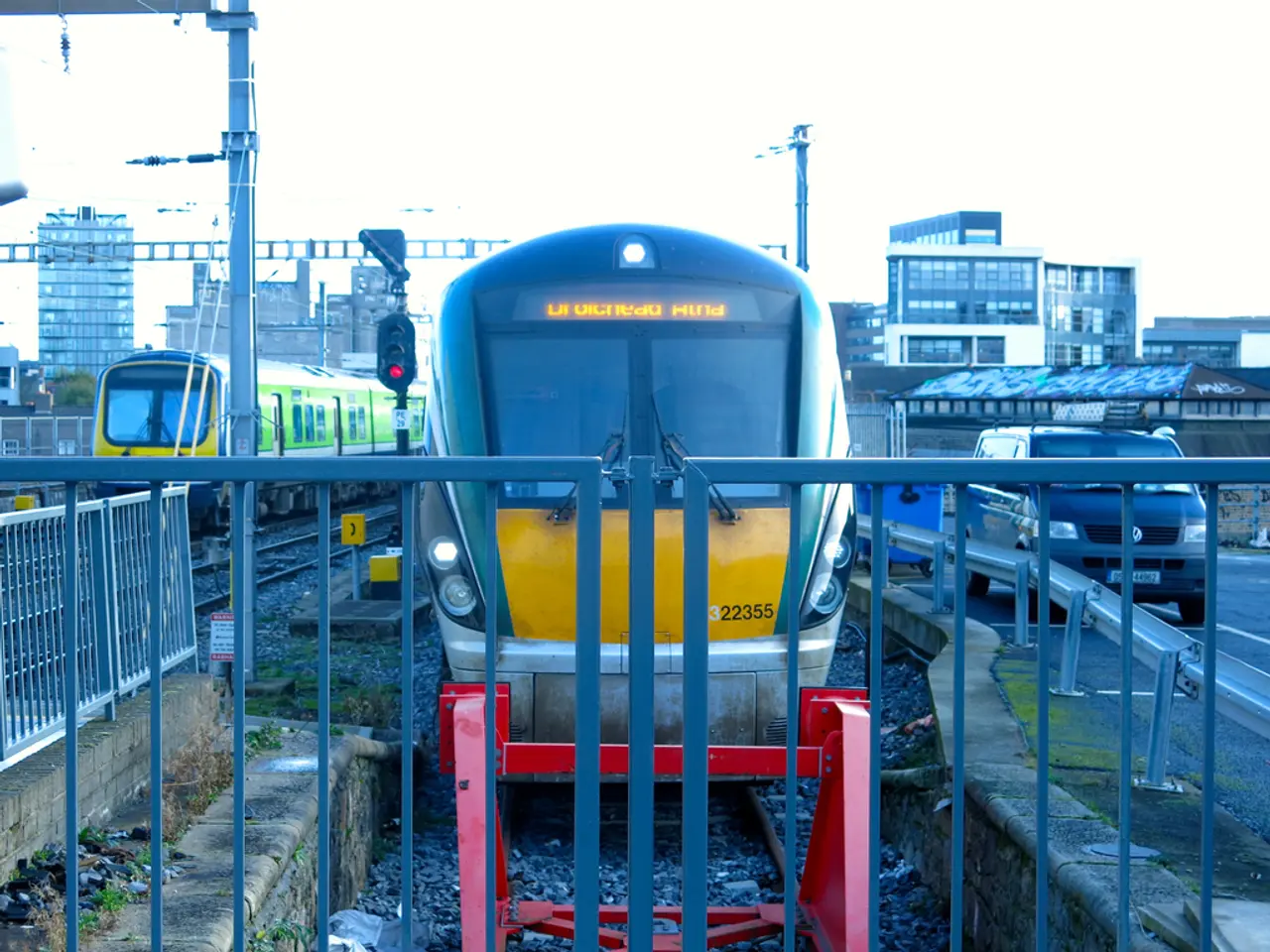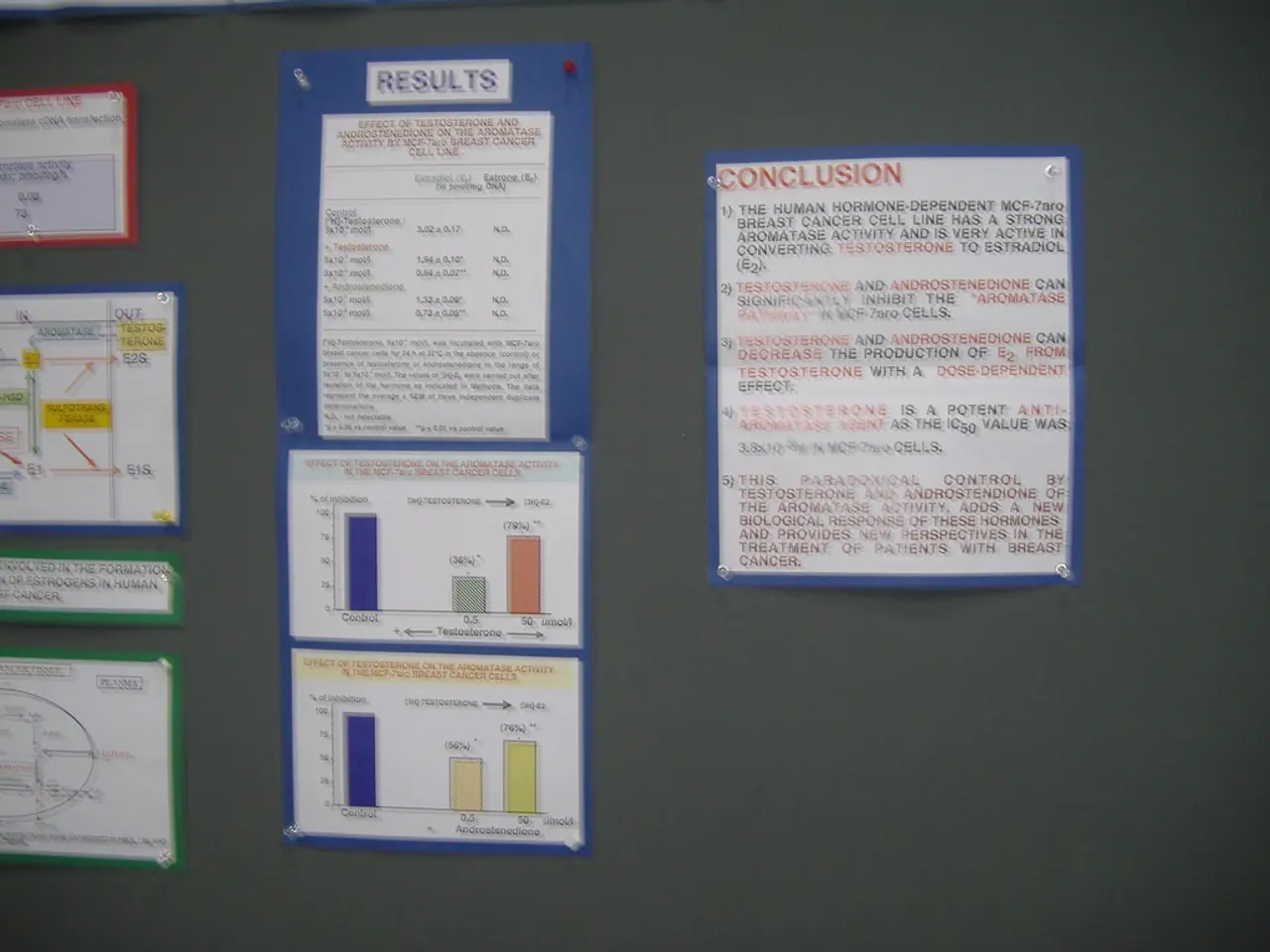Delays arise for UK's HS2 high-speed rail project, described as an "unacceptable state."
The HS2 Fiasco: A High-Speed Mess in Britain
Britain's transport secretary, Heidi Alexander, recently exposed the HS2 high-speed train line as a "high-speed mess," announcing further delays to the project due to surging costs.
The London-to-Birmingham rail artery, intended to be the backbone of the HS2, will now bypass the 2033 deadline, despite previous scaling back due to persistent delays and escalating costs.
Alexander unloaded a truckload of blame in parliament, slamming exorbitant taxpayer funds wasted from rampant scope changes, shoddy contracts, and deplorable management practices. While promising to rectify the situation, she remained tight-lipped about a new timeline.
Britain's Labour Party, fresh off the July electoral win, has pinned its economic growth strategies on significant infrastructure investments.
High Speed 2 represents Britain's second phase of high-speedery, following the line en route to Europe via the Channel Tunnel.
Construction commenced in 2019, with a focus on a route between London Euston and Handsacre (near Lichfield, Staffordshire), boasting a branch to Birmingham[1]. By 2025, over 44 miles of tunnels had been excavated, and structural milestones like the 2.1-mile Colne Valley Viaduct (the UK's longest railway bridge) were completed in September 2024[4]. The project features five twin-bore tunnels, numerous viaducts, and 54 domestically built trains to zip along the high-speed track at up to 225 mph[2]. Stations are also being built at Old Oak Common (London), Birmingham Interchange (near Solihull), and Birmingham city center[1][2].
Despite strides in progress, delays have been inevitable. The original 2033 completion date is now a distant dream thanks to repeated assessments deducing an unsustainable cost-schedule-scope[4]. The Transport Secretary and the James Stewart review are acting on this information, pinpointing mismanagement as the prime culprit for the delays and warning that costs will continue to soar without decisive action[4].
The complexity of integrating the new high-speed track with existing rail lines (like the West Coast Main Line north of Birmingham) introduces technical challenges[1]. Large-scale engineering works like tunneling, viaduct construction, and station development prolong the timeline[2][4]. Budget overruns and the need for a project "reset" to bring expenditures, schedules, and scope under control also contribute to the delays[4].
In essence, HS2 remains a towering symbol of ambition and innovation but is currently in limbo. Mired in delays beyond its original 2033 completion target, the government has pledged to accept expert recommendations to rectify the project and curb escalating costs while maintaining construction and job support across the UK[4][1][2].
The Finance Ministry is under pressure to find ways to control escalating costs associated with the HS2 project, a high-speed railway infrastructure in Britain's transport sector. The London-to-Birmingham rail artery, a key part of the finance-intensive HS2, will likely miss its 2033 deadline due to persistent delays and rising costs, potentially impacting Britain's future economic growth in the finance and transportation industries.




